A slower rate of technical improvements in the iPhone, coupled with new carrier financing plans phasing out two-year subsidies, have helped to change how frequently mobile customers upgrade their Apple handset, a new study has revealed.
Most iPhone owners are now keeping their Apple an average of three months longer than they did in the past, according to a new survey published this week by Consumer Intelligence Research Partners.
"Over the past almost three years, the average age of a new iPhone buyer's previous iPhone has increased by approximately three months" - Mike Levin, CIRP
In the past, iPhone owners upgraded roughly every two years, thanks to typical two-year service contract subsidies. However, the pace of upgrading has been steadily slowing: In 2013, only 5 percent of all iPhones were three years old, but by the end of the March 2016 quarter, that share had increased to 12 percent.
And in June 2013, 66 percent of all iPhones were either under a year old or at most two years old. By March 2016, that had fallen to 51 percent.
"Overall, over the past almost three years, the average age of a new iPhone buyer's previous iPhone has increased by approximately three months," said Mike Levin, a CIRP partner and company co-founder.
Levin and fellow partner Josh Lowitz attribute the longer ownership times to two factors: the slower rollout of new features, as well as a change in carrier financing plans.
In the past, carriers encouraged customers to upgrade their phones every two years by offering subsidies and discounts on new phones. Now, however, the plans reward customers who hold on to their phones and have paid them off in full.
"This motivator appears to outweigh the impact of any early upgrade options that carriers offer with the new financing plans, and the increased availability of trade-in programs and used phone purchase websites," the study reads.
Since new iPhone sales are increasingly made to existing owners and these owners are keeping their phones longer and upgrading less often, Levin and Lowitz predict a slowing of iPhone sales in the future.
Apple is widely expected to launch its next-generation handset, unofficially known as the "iPhone 7," in September. Leaks thus far have suggested its appearance will be largely similar to that of the current iPhone 6s series, but with a thinner design that could ditch the 3.5-millimeter headphone jack.
The largest changes are expected to be exclusive to the larger 5.5-inch "iPhone 7 Plus" model, including a new dual-lens camera design, and potentially a magnetic Smart Connector that could be used for charging or even data transfer, just as it works on the iPad Pro lineup.
 David Silverberg
David Silverberg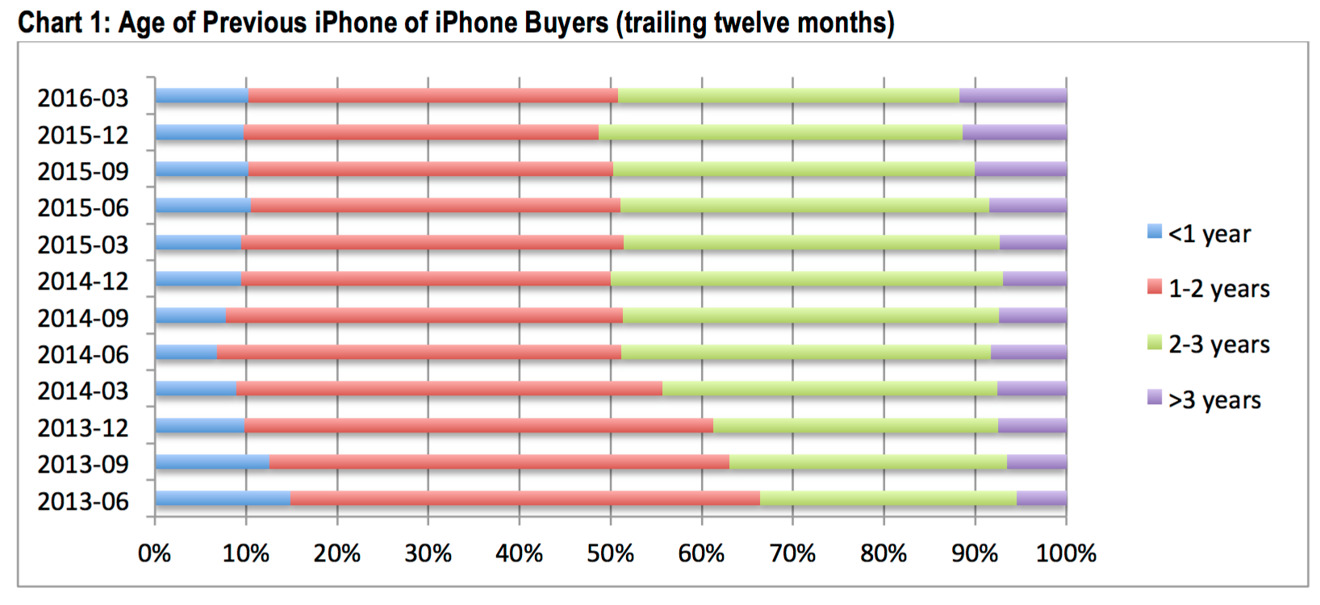
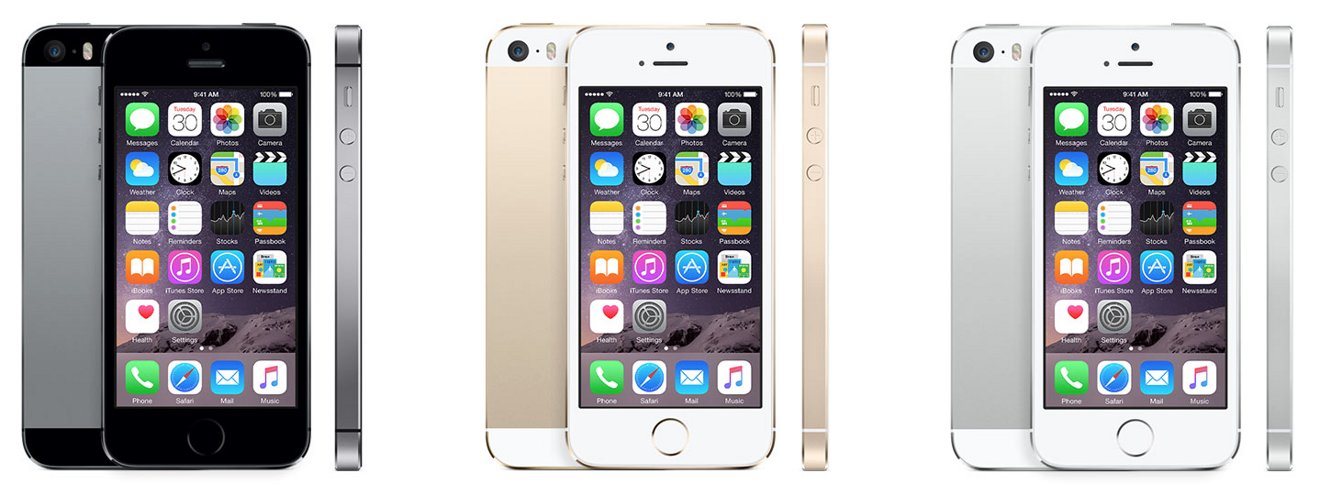







-m.jpg)






 Chip Loder
Chip Loder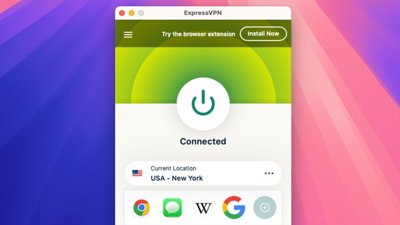
 Malcolm Owen
Malcolm Owen
 Marko Zivkovic
Marko Zivkovic
 Wesley Hilliard
Wesley Hilliard
 Christine McKee
Christine McKee


 William Gallagher
William Gallagher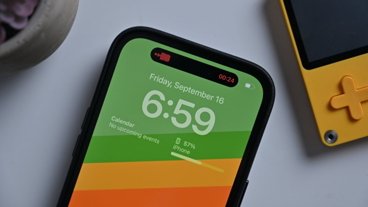
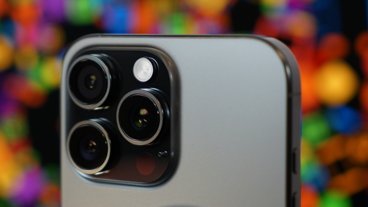
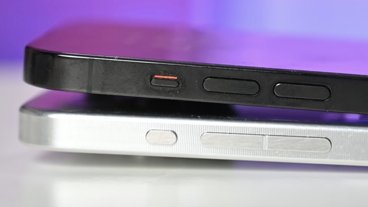


-m.jpg)
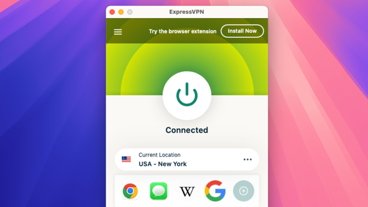



50 Comments
This is what I have been saying ever since they announced the new financing plan, although others have been saying it makes it easier to trade up every year with the trade-in program. Still I think there are many other factors that could impact iPhone sales such as financial downturn in China, smartphone saturation in the US and also the lack of stigma regarding the higher end Android phones, since their OS is maturing to almost be on parity with iOS, not that I would buy one mind you, but there may not be as many switchers in the future.
Come on ATT and the likes. This is a direct result of your stupid ATT Next style plans. I want a discount on a phone and I want to keep my unlimited data. Not interested in paying monthly for the phone on top of the my service with a limited data usage. I used to upgrade every year...
This is why Apple's overall ecosystem -- and expansion into services -- is important.
Often (especially in the future) a customer's reason for upgrading iPhone will be the combination of multiple Apple offerings. e.g.,
- iPhone + Apple Pay
- iPhone + Apple Music
- iPhone + Apple TV
- iPhone + Home Kit
- iPhone + Watch
- ... etc.
As there are changes in these other 'ecosystem' offerings, in some cases that will motivate customer to upgrade their iPhone to access the new upgraded services.
Nonsense. There are so many iPhone users now that even if people held onto their phones for 3 years Apple could still sell 200 million a year just to the upgraders (let alone the people who always want the latest or new iPhone users).
How long a phone lasts has nothing to do with how many you sell. Eventually those people are going to upgrade. And I would think having a phone that lasts longer would further cause people to buy an iPhone since they know they'll get more use out of it before wanting/needing to upgrade (unlike your Android flagships where support disappears less than 2 years after you buy it).